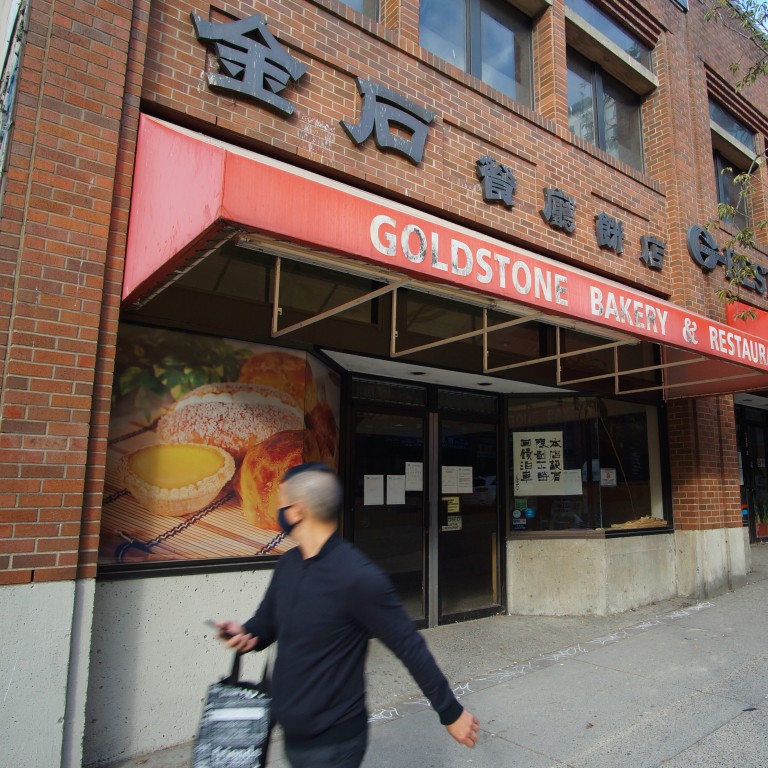
Grief as Vancouver’s most beloved Hong Kong cafe closes. But can the spirit of Goldstone Bakery be saved?
- Over 34 years Goldstone Bakery was a pillar of Chinatown, a movie set, and the scene of a notorious triad killing
- A historian says the outpouring of sadness over the iconic restaurant’s closure should be harnessed to retain the location as a community and economic hub
On social media they mourn, for baked pork chops on rice, pineapple buns and egg tarts.
Goldstone Bakery and Restaurant, Vancouver’s most beloved Hong Kong-style cha chaan teng cafe, has closed, prompting an outpouring of grief over the loss of its retro menu and a vital community space in Chinatown.
Goldstone was a regular weekend dinner spot for the family of affordability activist Justin Fung in the 1980s. “I still remember the sizzle of the black pepper steak served on the hot plate,” he wrote on Twitter. “They’d have you hold a napkin up over your shirt while they poured on the gravy so you wouldn’t make a mess of your clothes. Ugh I miss it.”
News last week that the iconic restaurant had put its fittings and lease up for sale, ending its 34-year tenure on Keefer Street, had left his students “in tears” said University of British Columbia history professor Henry Yu.
Its closure is a new blow to a neighbourhood that has been under siege from forces of gentrification, declining trade among long-term Chinese businesses and now Covid-19 – the last straw for Goldstone, said property agent Raymond Cheung.
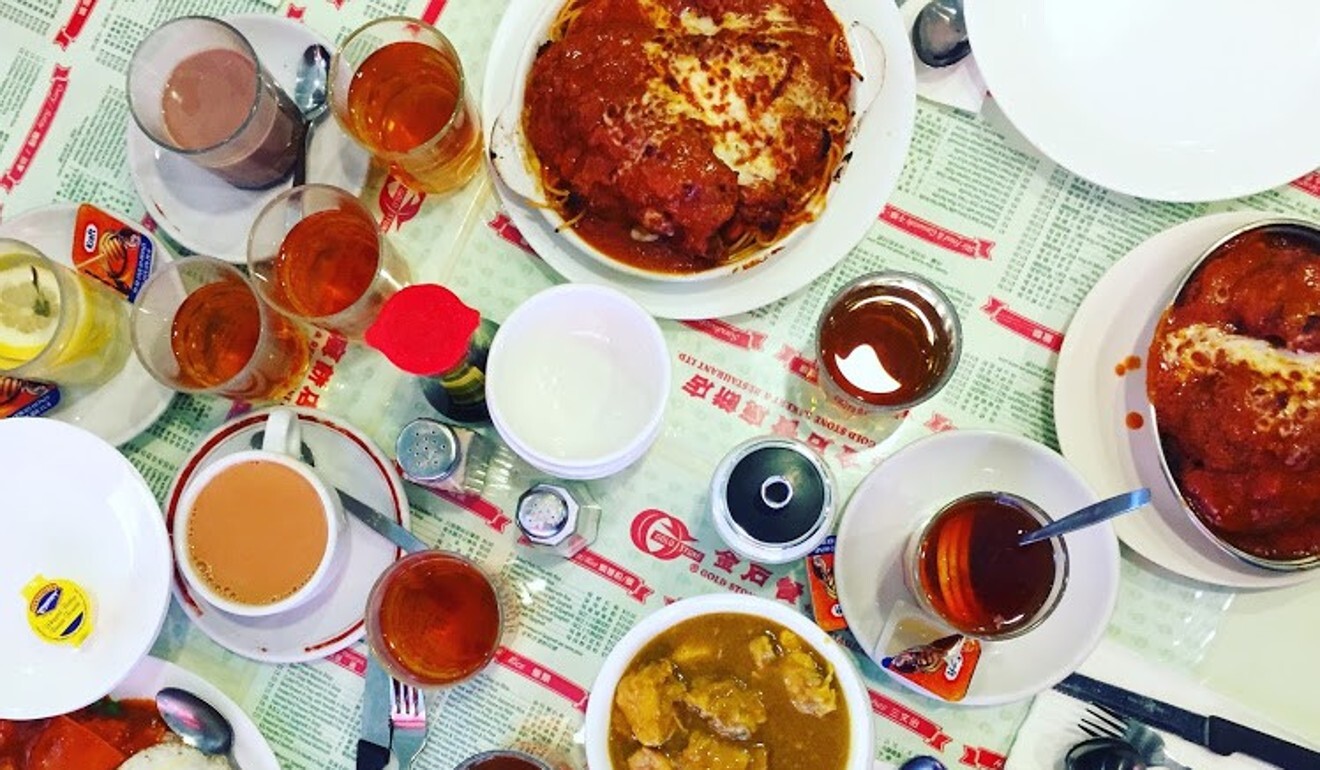
The owners hope the buyer will take over the remaining three years on the lease or negotiate a new one with the building’s owner, said Cheung.
The Goldstone name is not for sale; the proprietors’ son hopes one day to open a restaurant of his own in a different, smaller location.
But the venue, which seats more than 100 people, has become a Chinatown character in its own right, serving as a backdrop for TV shows and movies, community meetings and countless family gatherings. It was also once the scene of a notorious triad killing.
I promised so many people, ‘We’ll meet up at Goldstone as soon as the pandemic is over’. Now, it’s not going to happen
The sale was quietly posted in June, for C$500,000 (US$375,000), but last week the price was slashed to C$150,000.
The sellers did not want to be interviewed or identified said Cheung, citing privacy.
“They have decided not to continue in Chinatown,” said Cheung. “Fusion restaurants” were moving into the area, said Cheung, but many traditional eateries were struggling. “Some are dying … The businesses that are run by older people, some of them, the children are not going to continue.”
Goldstone had been holding its own, but the pandemic had been a knockout blow, he said.
But can the Goldstone spirit somehow be saved? In addition to grief, news of the sale triggered calls to rescue the iconic eatery.
Yu floated the idea of a public-private partnership to retain the venue as a community space, perhaps as a “food hub” for young chefs who could not afford to open their own restaurants. Some of Goldstone’s current menu might be retained if the current owners cooperated, he suggested.
“Instead of just lamenting Goldstone’s death, why not harness it?” said Yu. “There’s this outcry, from this group of young people who got used to eating cheap food there, tied to nostalgia because they are from Hong Kong-Chinese families themselves. There’s a power to that.”
‘Goldstone was part of the foundation of my life’
Like many other restaurants in Vancouver, Goldstone had been shut for months amid the pandemic.
But before Covid-19, its old-school vibe of thick teacups, tabletop menus under glass and red vinyl banquettes had been popular on social media. Then there was the food: on Instagram and Facebook, its baked pork chops on rice (“BPCOR”) drip with tomato sauce and charred cheese, and syrup gleams off the sai dor si battered French toast.
As a cha chaan teng, Goldstone offered Hong Kong-style Western dishes, as well as basic Chinese cuisine, in a casual diner setting – a world away from Cantonese banquet restaurants, with their white tablecloths, lobster tanks and lazy Susans.
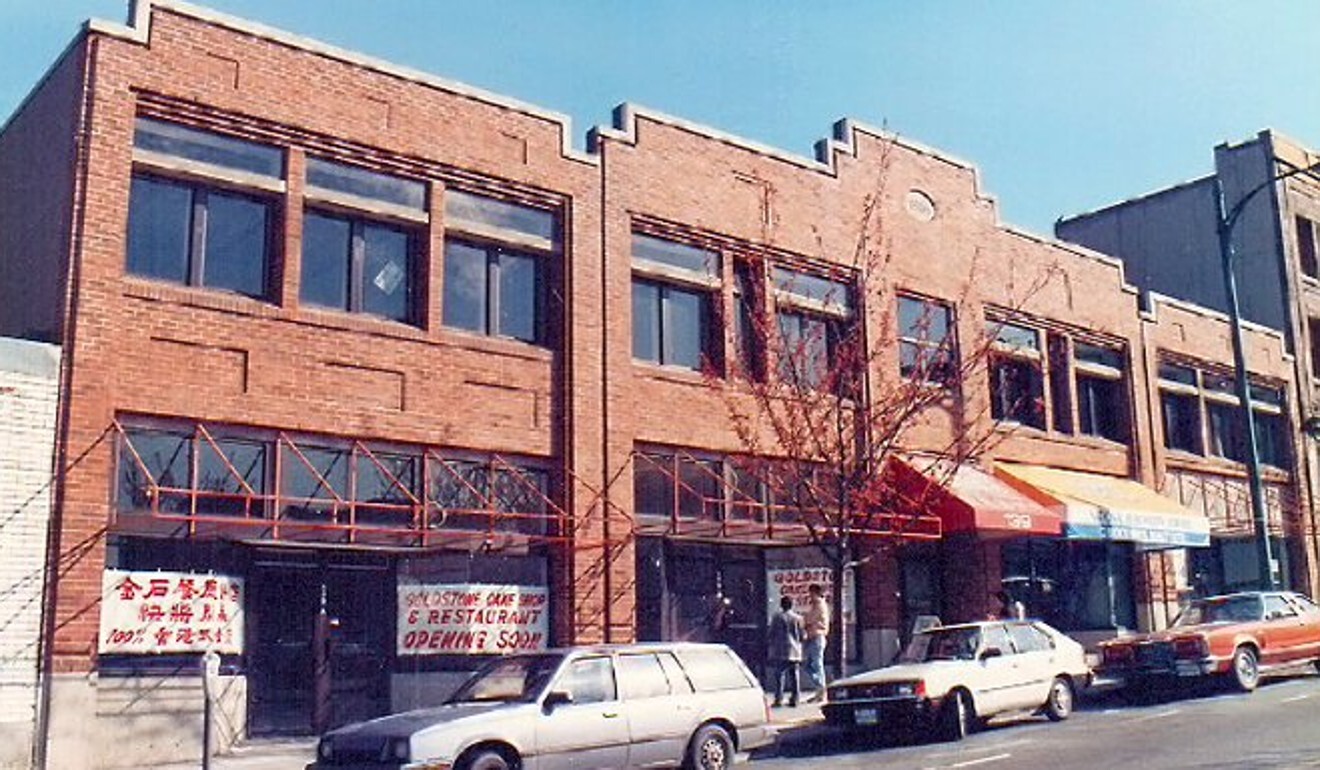
When it opened in 1986, Goldstone was an instant hit, said Cheung, a regular customer from the start. Vancouver was hosting the Expo 86 world’s fair, and was receiving a new influx of immigrant Hongkongers ahead of the 1997 handover.
“The food was exceptional. One of the best. How can you get Hong Kong food like that any more?” said Cheung.
Architect and author David Wong helped design the Goldstone building in the mid-1980s.
Vancouver Trump hotel shut, but its Chinese restaurant aims to reopen
“Goldstone was a place for people from across the spectrum,” he said. “It built a community. These places, affordable greasy spoons, they allow someone to go in and wait out the rain or meet someone.
“Where do you go to meet people? Not McDonald’s. It’s not the same. Goldstone, you wander in just for the hell of it and you never know who you are going to meet.”
Fellow fan John Fong arrived in Vancouver from Hong Kong in his teens, in 1987. He and his school friends would meet at Goldstone for a late-night snack before watching the midnight showing of a Hong Kong gambling movie at a Chinatown theatre.
There was a sense of comfort to “eating familiar dishes and baked goods that I grew up with in Hong Kong”.
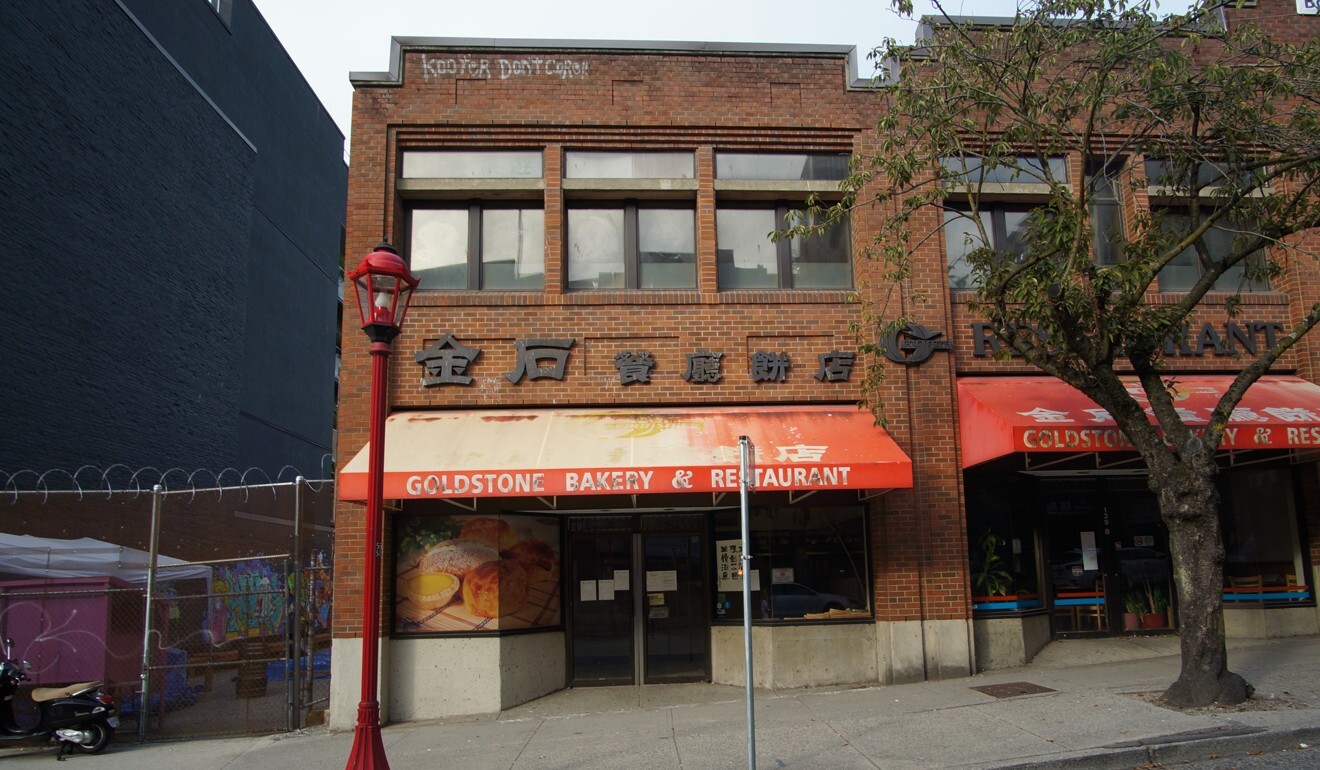
Many of Fong’s immigrant school friends ended up returning to Hong Kong, but he stayed. Goldstone became a place of profound importance. “Looking back, Goldstone was part of the foundation my life here in Vancouver was built upon,” he said.
Cultural groups such as the Asian Canadian Writers Workshop would meet there, said Wong. “A who’s who of Asian-Canadian literature, we all used to meet in Goldstone,” he said.
The only problem, he said, was that it would take some time to get a meeting going. “You go in and you’d spend the first 15 minutes wandering around and saying hello to everyone,” said Wong, whose preferred order was a dai bao (big bun) with a ying-yeung coffee-tea mix.
Not all of Goldstone’s get-togethers were so wholesome.
There’s all these Instagram posts, people crying. Well, maybe we can leverage that … there are these feelings of loss, but that is a commodity. We can do something with that
Wong grabbed a pipe and beat Leung to death. He was never charged – having called the police himself, claiming self-defence.
Dana Mah Min Bin, who moved from Calgary to Vancouver in 1990, has only positive memories. “One of the first places I went was Goldstone … It reflects a specific time, a specific cuisine,” said Mah, who is involved with several Chinatown groups, including the Mah Society fraternal organisation.
“After a big event like the new year’s parade you’d have our whole group from the Mah Society heading over to Goldstone. Totally chaotic, but you found a place there in the middle of the chaos. It was pretty cool,” said Mah, who yearns for Goldstone’s curried beef brisket on rice.
In addition to real-life dramas, Goldstone has also served as a set for TV shows and movies including 2017’s Meditation Park, starring Sandra Oh.
Goldstone’s charms were not purely nostalgic. Radio personality Drex, aka Justin Wilcomes, was introduced to Goldstone and the joys of cha chaan teng food by his former partner, who was born in Hong Kong.
‘Non-violent’ killer who cut China tycoon into 108 pieces jailed in Vancouver
“I learned so much about Hong Kong and Macau culture just from the food there. Baked rice? What is this? Why do Chinese people eat spaghetti like that?” he said.
“For someone who has never experienced a Hong Kong cafe it’s like, ‘what, I can order toast and eggs and a bowl of delicious Chinese soup?’ That’s life changing. And it’s cheap!
“Their western toast, sai doh si, deep fried with that paste in the middle. The most delicious thing you’ll ever have. Then we’d leave with pineapple buns to go.”
Christina Lee, a community activist and Goldstone regular, said she was heartbroken. More than a restaurant, “Goldstone was a community watering hole”, she said, a meeting point before and after events for young and old.
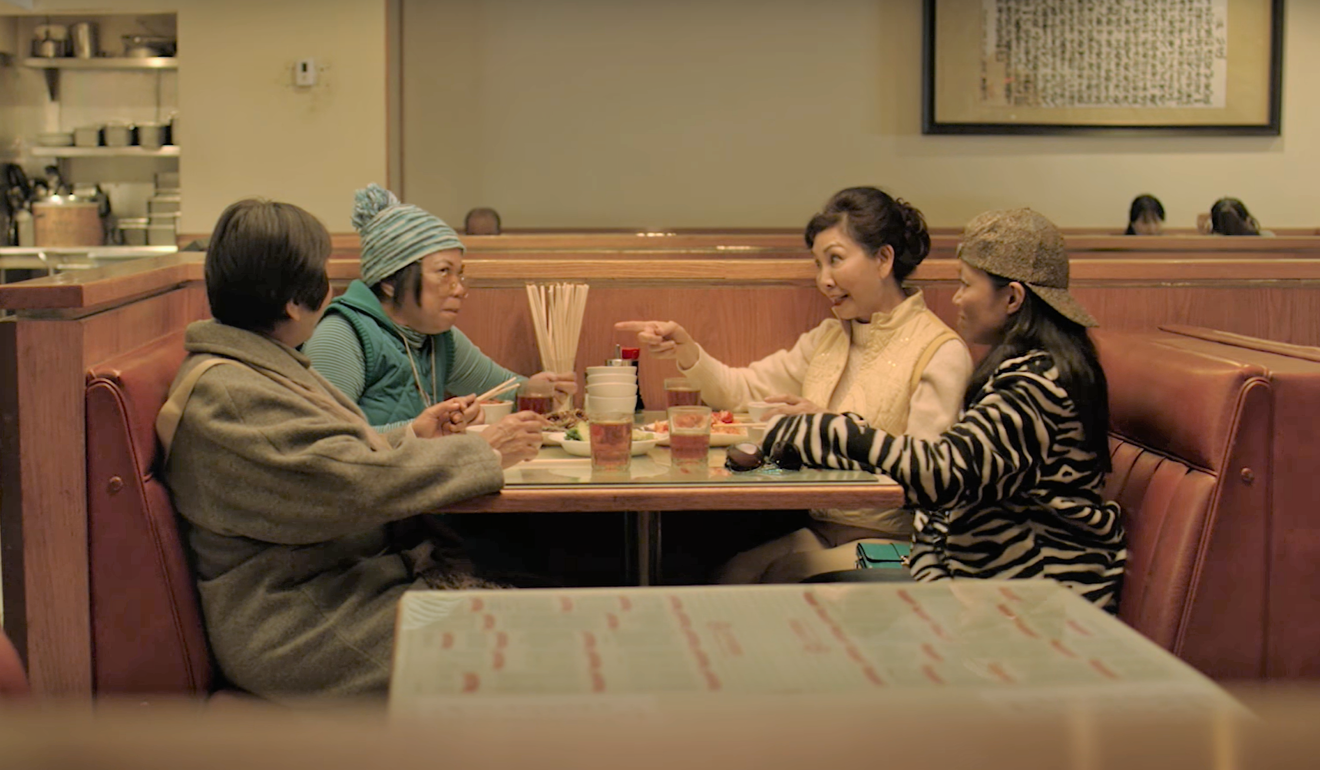
The staff allowed diners to linger, making it a place to make plans and talk. “And you go in, there’s always someone you know. It was such a cornerstone of the neighbourhood.”
“I promised so many people, ‘We’ll meet up at Goldstone as soon as the pandemic is over’. Now, it’s not going to happen,” said Lee.
Housing activist Fung was similarly mournful. “I brought my daughter in there to get breakfast and a sausage bun before the Chinese New Year parade, hoping it’d be a new tradition for her,” he said on Twitter. “Sadly, that’s not going to be the case.”
Harnessing Goldstone’s ‘moment of incipient loss’
But history professor Yu said the intense emotions stirred by news of Goldstone’s closing represented an opportunity.
“Half my students are in tears, they love that place so much,” said Yu. That could be leveraged, he said.
He called Goldstone one of the most “exemplary demonstrations” of the connections between Hong Kong and Vancouver. “Between Hong Kong and Canada, even. It’s so specific … that working-class feel, the big clock on the wall, because you’re a worker and you’ve got to get back to work,” Yu said.
He likened the outpouring of love for Goldstone to the demonstrations against the demolition of Queen’s Pier in Hong Kong in 2007 that were unsuccessful but became a rallying cry for heritage preservationists, and other post-handover protest movements.
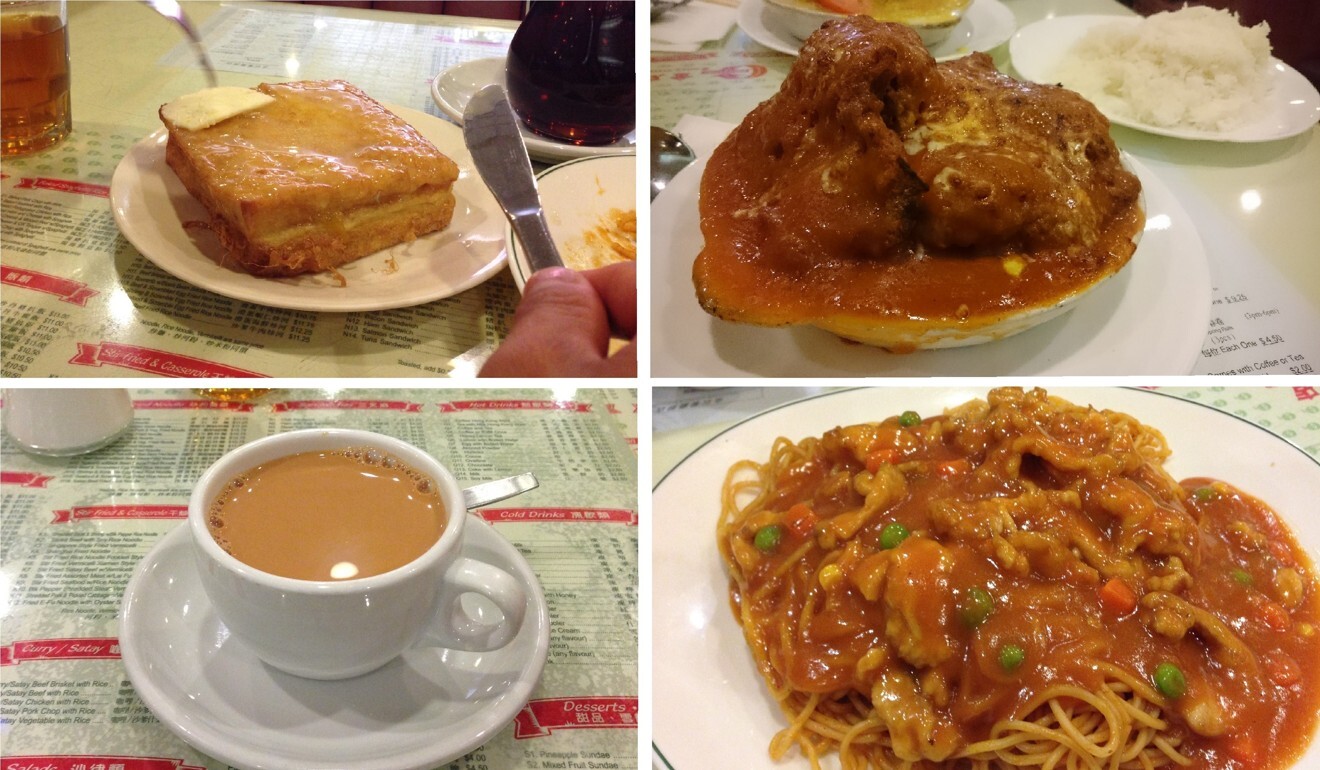
The “moment of incipient loss” over the restaurant should be harnessed, he said, to push for some kind of public-private partnership to retain the Goldstone space as both a cultural asset and part of an economic strategy to revitalise the area.
“Not a separation between culture and economic vitality, and not in a high-culture way … but something for street food, food culture, almost our version of a hawker centre, in Chinatown,” he said.
He suggested partnering with the current operators of Goldstone so that their popular dishes could continue to be available in Chinatown. “If we can find a way to say ‘hey, if you have cash-flow problems, and you don’t want to run the business, and there’s time on the lease then in the meantime, let’s share the space’.”
Killing shatters myth of ‘victimless’ China-Vancouver money laundering
But it should not be simply an exercise in nostalgia, Yu said. “This is where the city needs to step in”, he said, to help create a food hub giving young chefs “an incubation space” for their food ideas without the high costs of starting up their own restaurant. “Perhaps that offers a path … to keeping the Goldstone branding there as well for the family.”
Such a plan would face challenges, not least the leasing costs, which Cheung would not disclose.
And in Vancouver, property taxes on commercial properties are the responsibility of tenants, based on a best-use valuation. Development potential means the Goldstone site is worth C$13.7 million (US$10.4 million), according to government assessment; Cheung told the Canadian Broadcasting Corporation that taxes were about C$70,000 (US$53,000) per year.
Nevertheless, Yu said the discussion about Goldstone should be shifted “away from this narrative of Chinatown dying … to finding a way to create life there”.
“There’s all these Instagram posts, people crying. Well, maybe we can leverage that … there are these feelings of loss, but that is a commodity. Take that energy. We can do something with that.”
The same people lamenting the demise of Goldstone were those whose anti-gentrification protests in 2017 blocked a nine-storey condo development on the same Keefer Street block as the restaurant. “They have a very powerful political voice … They already have an ability to mobilise,” he said.
“This moment of lamenting and hair-pulling. That’s the moment when something interesting can happen.”

